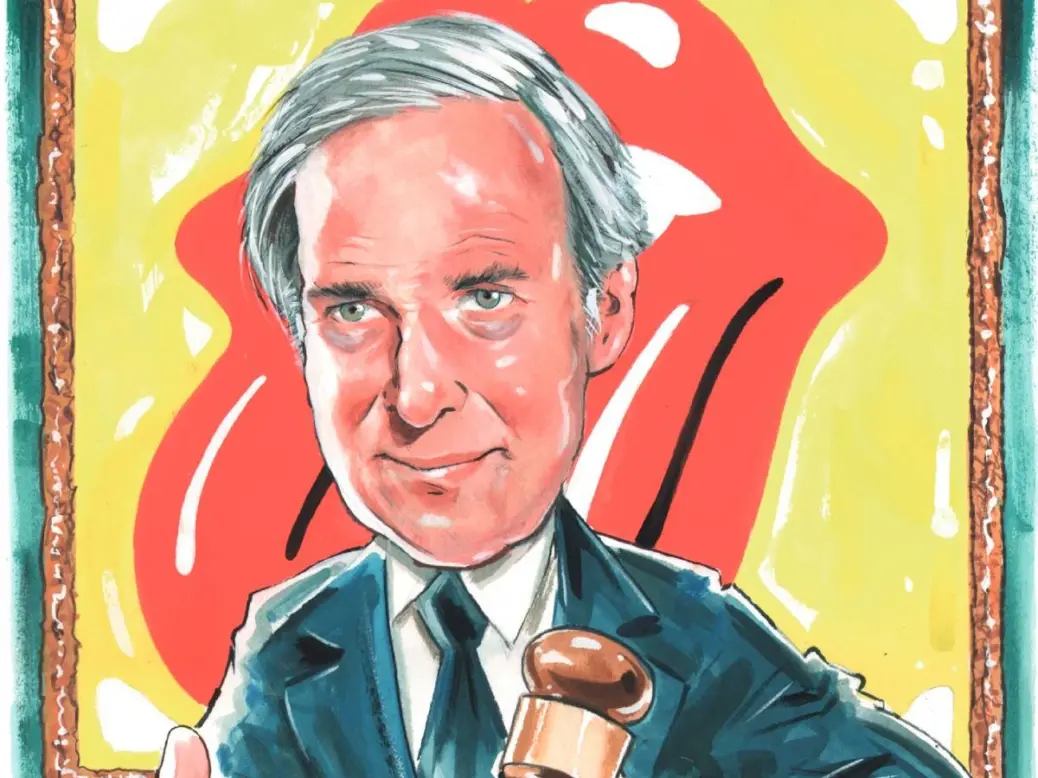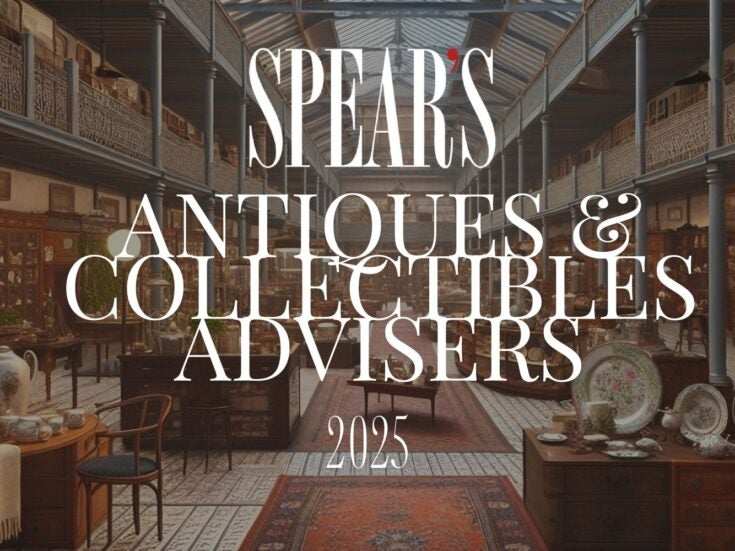
How much is an ounce of gold?
I actually have no clue. [But] I looked it up yesterday [in preparation for the interview]: it was $1,932. I would not have known that – I must admit.
How did you earn your first pay cheque?
I worked for the Galerie Kornfeld in Bern, Switzerland. I remember that it was 600 francs, which was actually quite OK back in 1972. I was doing everything in that gallery – I was holding the paintings or the sculptures, doing the auctions. I was cleaning the floors. I was doing parcels and packing. The gallery is world-class still today – they specialise in works on paper and prints and drawings.
What did you spend your first pay cheque on?
I had a Japanese girlfriend at the time; we drove to the south of France and stayed in a very, very nice hotel. I used up the 600 francs very rapidly, but even now, all these years later, I do not regret it for one second.
What first motivated you to become an auctioneer?
Well, I was always obsessed with art. As a teenager I was dreaming to become an artist, and then the next best thing was working in the art market. I started my first job with a small auction gallery in Switzerland and then I did the Sotheby’s works of art course, and subsequently I joined Sotheby’s. I wanted to be trained as an auctioneer, and I conducted my first auction back then – you know, 100 years ago – and have conducted many auctions since. But I was very, very shy at the time, and it was kind of like a challenge to myself to overcome my shyness.
[See also: Anne Robinson: Happiness is not an ongoing state]
What can’t money buy?
It can’t buy luck, I think. And so much of what we do, there’s always a huge portion of luck. You know, you may think, ‘Oh, it’s because I did this and that and all of that,’ but at the end of the day, let’s face it, luck, timing and all of that is outside of our control.
What’s your most prized possession?
Ages ago, on a drunken night in Vienna, I was with an antique dealer… at 2 o’clock, 3 o’clock in the morning, he opened his antiques shop in Vienna, and then I madly fell in love with a south German carving, of the 16th century, of the Madonna holding baby Jesus and stamping her foot on a dragon. It’s an object completely outside of the area which I usually collect… but it’s an object I’ve kept wherever I’ve been.
What do you make of your nickname, the ‘Mick Jagger of auctions’?
Well, I’m of course deeply flattered by it. First of all, the person who coined that phrase is Bob Colacello, who introduced me at an auction way, way back that I did for Robert Wilson in, ah, I don’t even know how many years ago! I have seen the Rolling Stones perform every decade since the 1970s, and every time they were better. I mean, the most recent concerts of the Rolling Stones were the best ones ever, and I think that in his nineties Mick Jagger will be even better. So I am just flattered by that.
Can you tell us about your cameo appearance in Emily in Paris?
Oh, that was great fun. The segment was very, very short, but we spent the whole night filming it, because it was an auction scene that had to be filmed from every imaginable angle. And I loved meeting [creator] Darren Star, who I think is a genius in what he does, and the actors were all very likeable, very personable. I had a lot of fun doing that.
What would you like to achieve in the future?
I think it’s very important to have lots of dreams and to keep having some unfulfilled dreams. Because I think the dream is the prelude to action. So if you stop dreaming, that means you stop doing things – so I do have dreams but I’m a very superstitious guy, so I don’t want to share my dreams before some of them hopefully become reality.






